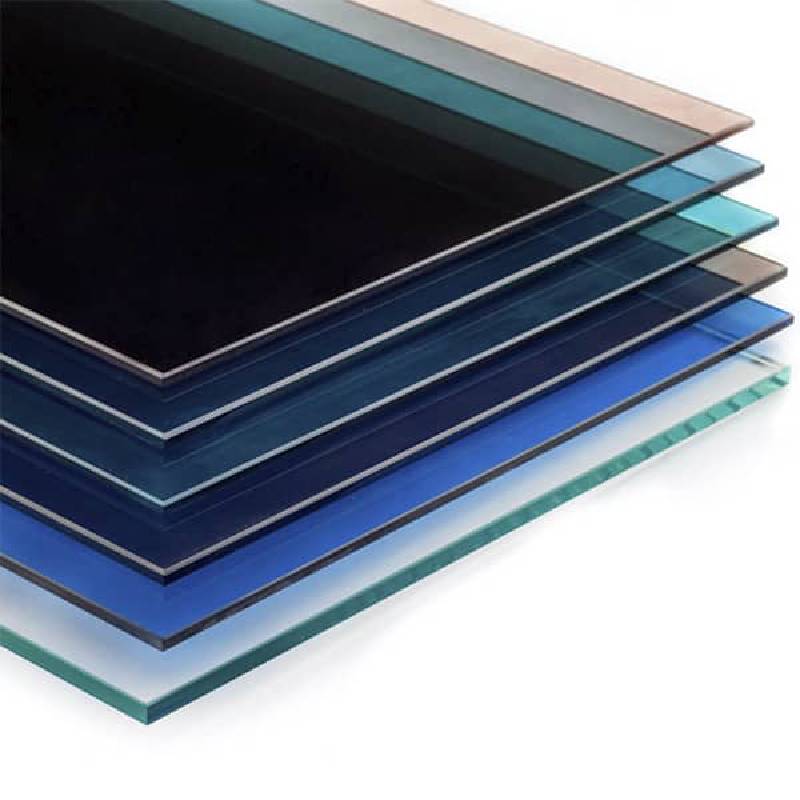

Understanding 8mm Float Glass Properties, Applications, and Benefits
Float glass, a term that refers to glass produced by the float process, has become an indispensable material in various industries. Among its numerous variants, 8mm float glass is particularly noteworthy due to its combination of strength, clarity, and versatility. In this article, we will explore the properties, applications, and benefits of 8mm float glass, shedding light on why it is a favored choice for many construction and design professionals.
Properties of 8mm Float Glass
At its core, float glass is made by floating molten glass on top of molten tin, allowing for a smooth and uniform surface. The thickness of 8mm gives it unique characteristics that enhance its usability. One of the primary properties of 8mm float glass is its optical clarity. This thickness provides a substantial level of transparency, making it ideal for applications where visibility is crucial. Additionally, its thickness enhances its strength, allowing it to withstand varying environmental conditions.
Another important property is its thermal resistance. Float glass has a low thermal expansion coefficient, which means it can endure temperature fluctuations without cracking. This feature makes 8mm float glass suitable for both interior and exterior applications, as it can handle the heat from direct sunlight as well as cooler temperatures.
Moreover, the surface of 8mm float glass is non-porous, which means it does not absorb moisture or contaminants. This quality makes maintenance easier, as it can be cleaned easily without risk of staining or corrosion. The durability and resistance to weathering make it a reliable choice for long-term applications.
Applications of 8mm Float Glass
The versatility of 8mm float glass allows it to be used in various fields, including architecture, automotive, and interior design
. In architecture, it is commonly used for windows, doors, and facades, providing both aesthetic appeal and functionality. Its strength and clarity not only contribute to the visual aspect of a building but also enhance energy efficiency by reducing heat loss.
In the automotive industry, 8mm float glass is often used in the production of side windows and rear windows of vehicles. Its thickness provides the necessary safety and durability required for automotive applications, contributing to passenger safety during accidents.
Furthermore, interior designers frequently utilize 8mm float glass for creating partitions, shelves, and tabletops. The glass adds a modern touch to spaces, creating a sense of openness while providing structural support. When combined with various finishing techniques, such as frosted or tinted surfaces, 8mm float glass can enhance the aesthetic appeal of any interior space.
Benefits of 8mm Float Glass
The benefits of incorporating 8mm float glass into projects are numerous. One significant advantage is its cost-effectiveness. While it offers enhanced strength and durability, it remains competitively priced compared to other materials, making it an economical choice for both large-scale projects and small renovations.
Additionally, 8mm float glass is eco-friendly. It is made from abundant natural resources and is fully recyclable, contributing to sustainable building practices. Using glass in construction can also improve natural lighting, reducing the reliance on artificial lighting and thus helping to lower energy costs.
Lastly, the timeless appeal of glass caters to various design aesthetics. Whether a space calls for a sleek modern look or a classic traditional feel, 8mm float glass easily adapts to any design style, allowing architects and designers to execute their vision effectively.
Conclusion
In summary, 8mm float glass is a remarkable material that combines strength, clarity, and versatility. Its unique properties make it suitable for a wide range of applications across multiple industries, contributing to both functionality and aesthetics. With its cost-effectiveness and eco-friendliness, 8mm float glass stands out as a preferred choice for architects, designers, and builders alike. As we move towards a future that values sustainability and efficiency, the role of float glass will undoubtedly become increasingly significant in both residential and commercial projects.